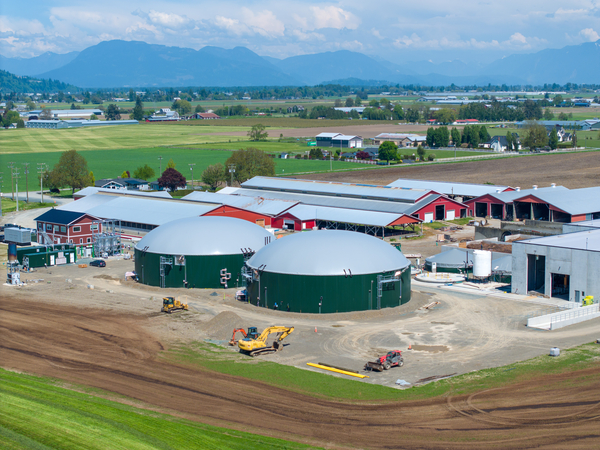Protecting Your Business: A Guide to Fraud Prevention in Construction
In today’s fast-paced digital world, protecting your business from fraud is more important than ever. Cybercriminals are becoming increasingly sophisticated, and businesses across all industries, including construction, are at risk. At VICA, we’re committed to helping you stay informed and proactive. Here are expert insights from Canadian Western Bank and the Royal Bank of Canada to help protect your business.
Three Common Business Scams and How to Protect Against Them
1. Business Email Compromise (BEC)
A common scam where fraudsters impersonate company executives or vendors to trick employees into making unauthorized financial transactions. These scams often involve email hacking or spoofing.
How to Protect Against BEC:
- Train employees to verify email requests for financial transactions.
- Use multi-factor authentication (MFA) for email accounts.
- Implement a secondary approval process for financial transactions.
2. Phishing, Smishing, and Vishing
- Phishing: Fraudulent emails pretending to be from legitimate sources, asking for sensitive information.
- Smishing: Scam messages sent via SMS that prompt users to click on malicious links.
- Vishing: Phone scams where fraudsters impersonate legitimate entities to extract sensitive information.
How to Protect Against These Scams:
- Educate employees on identifying suspicious messages.
- Avoid clicking links or downloading attachments from unknown senders.
- Verify requests through official communication channels.
3. Malware & Ransomware Attacks
Malware infections can result in stolen data, system shutdowns, and ransom demands from cybercriminals.
How to Protect Your Business:
- Install and regularly update cybersecurity software.
- Train employees on safe browsing and email practices.
- Regularly back up critical business data to secure locations.
For additional cybersecurity resources, visit Get Cyber Safe.

Five Common Fraud Scenarios Targeting Businesses
1. CEO Imitation Fraud
A fraudster impersonates an executive via email, requesting urgent financial transactions or account changes.
Prevention Tip: Always verify requests for fund transfers through a secondary communication method.
2. Payments Fraud
Scammers impersonate vendors or clients, altering payment details to redirect funds.
Prevention Tip: Implement strict verification procedures before changing payment details.
3. Cheque Fraud
Fraudsters forge or alter cheques to divert company funds.
Prevention Tip: Use electronic payments where possible and reconcile accounts regularly.
4. Bank Impersonation
A scammer poses as a bank representative and requests sensitive information.
Prevention Tip: Never share authentication codes or login credentials over the phone.
5. Overpayment Scam
A fraudster sends a cheque for more than the invoiced amount and requests a refund before the cheque clears.
Prevention Tip: Wait for payments to fully clear before issuing refunds or reimbursements.

Proactive Fraud Prevention Measures
Educate Your Employees
- Conduct ongoing cybersecurity awareness training.
- Simulate phishing attempts to test and train staff.
- Encourage employees to report suspicious emails and calls immediately.
Implement Strong Security Processes
- Require unique login credentials for all employees.
- Limit access to sensitive information based on job roles.
- Require dual approval for financial transactions.
Invest in Secure Technology
- Use malware detection and antivirus software across all company devices.
- Enforce encrypted network access for work applications.
- Regularly update software to patch vulnerabilities.
Ongoing investment in fraud prevention is essential to protecting your business. By combining employee education, robust security processes, and advanced technology, your company can create a strong defense against cyber threats and fraudulent activities.
For more information or assistance, don’t hesitate to reach out to VICA.
Stay vigilant and keep your business safe!

